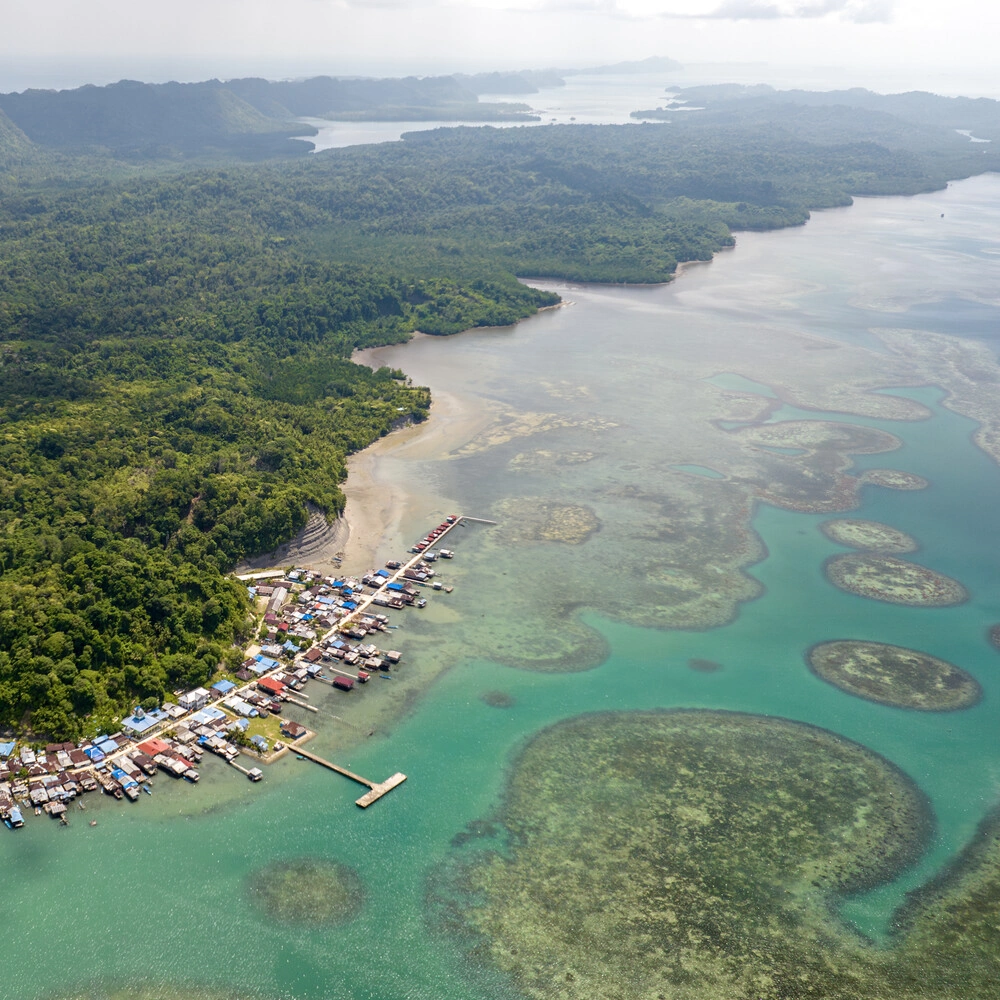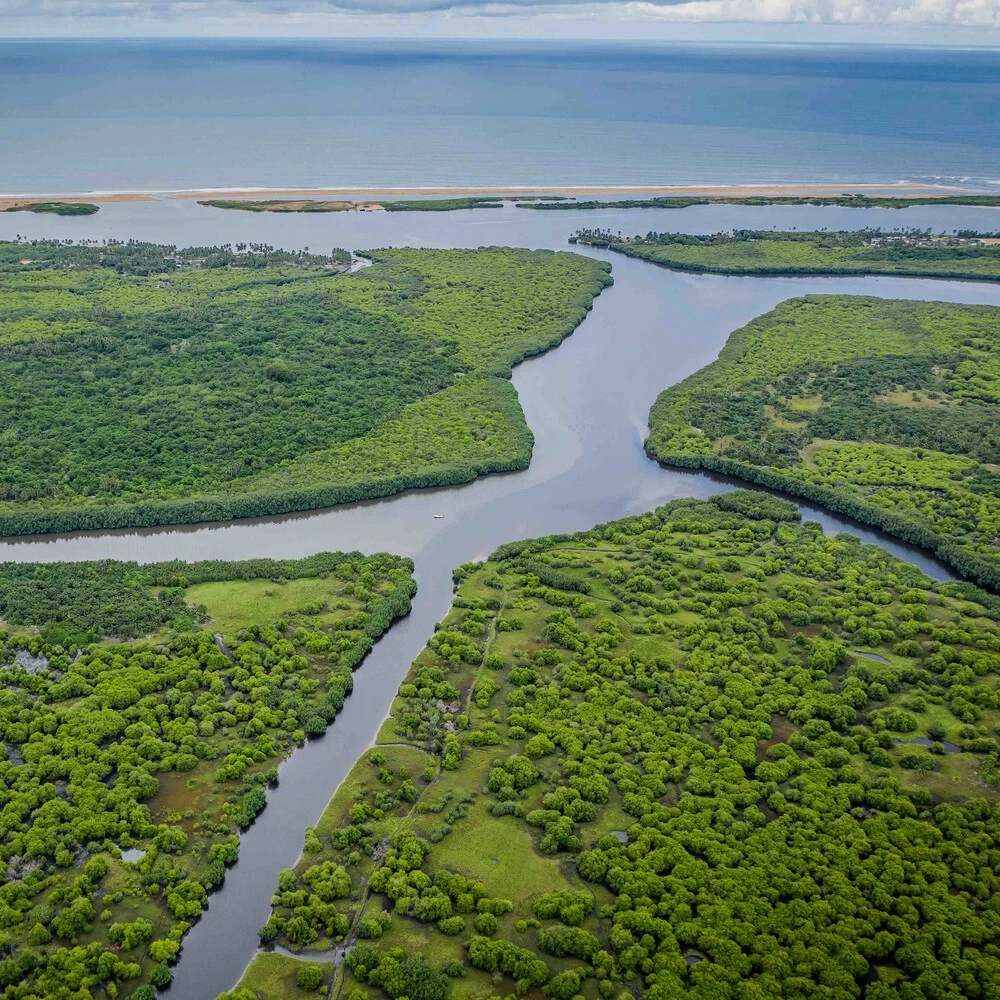Despite protection within an MPA, the mangrove forests around Nias Island, Indonesia, face significant degradation and urgently need restoration. These mangroves support biodiversity and local livelihoods, providing essential food resources. Effective, long-term management ensures these ecosystems remain sustainable and resilient.
Mixed-management MPAs: a path to restoring and protecting coastal ecosystems in Lahewa, Indonesia
Revitalizing mangroves and empowering local communities: A sustainable path for Lahewa’s marine protected areas around Nias Island
Marine Protected Areas (MPAs) are critical for the long-term conservation and sustainable management of natural ecosystems.
Project Info
More information
Podcast
The BNC solution
Led by Konservasi Indonesia, this project pioneers a mixed-management approach for MPAs, integrating fisheries management, area protection, and sustainable financing models. Local communities and authorities collaborate in conservation, restoration, and monitoring activities, fostering knowledge transfer and community training.
As part of the Blue Halo-S initiative, this project also explores blue carbon credits as an additional funding source. By mobilizing public and philanthropic funds, it aims to attract private investment, driving sustainable ocean conservation through innovative financing.
How BCAF supports this initiative
The Blue Carbon Accelerator Fund (BCAF) enhances Indonesia’s conservation efforts in the Lahewa Marine Protected Area by supporting critical biodiversity data collection and monitoring. These activities are essential for sustainable resource management and informed decision-making. Through its funding, BCAF also strengthens the Blue Halo-S framework by facilitating the integration of blue carbon initiatives, laying the groundwork for future carbon market financing to support the long-term restoration of marine and coastal ecosystems in Lahewa.
Impacts created
Nature
People
Business
Calls for Proposals
There are no open calls for proposals. Sign up for email alerts to be notified of the next call and receive updates on BNCFF and BCAF projects, lessons learned, and more, or email us at bluenaturalcapital@iucn.org.






















